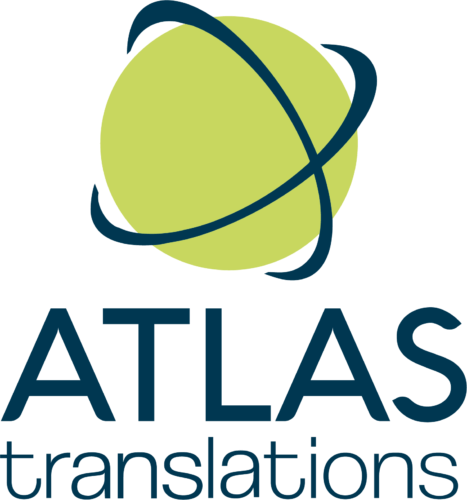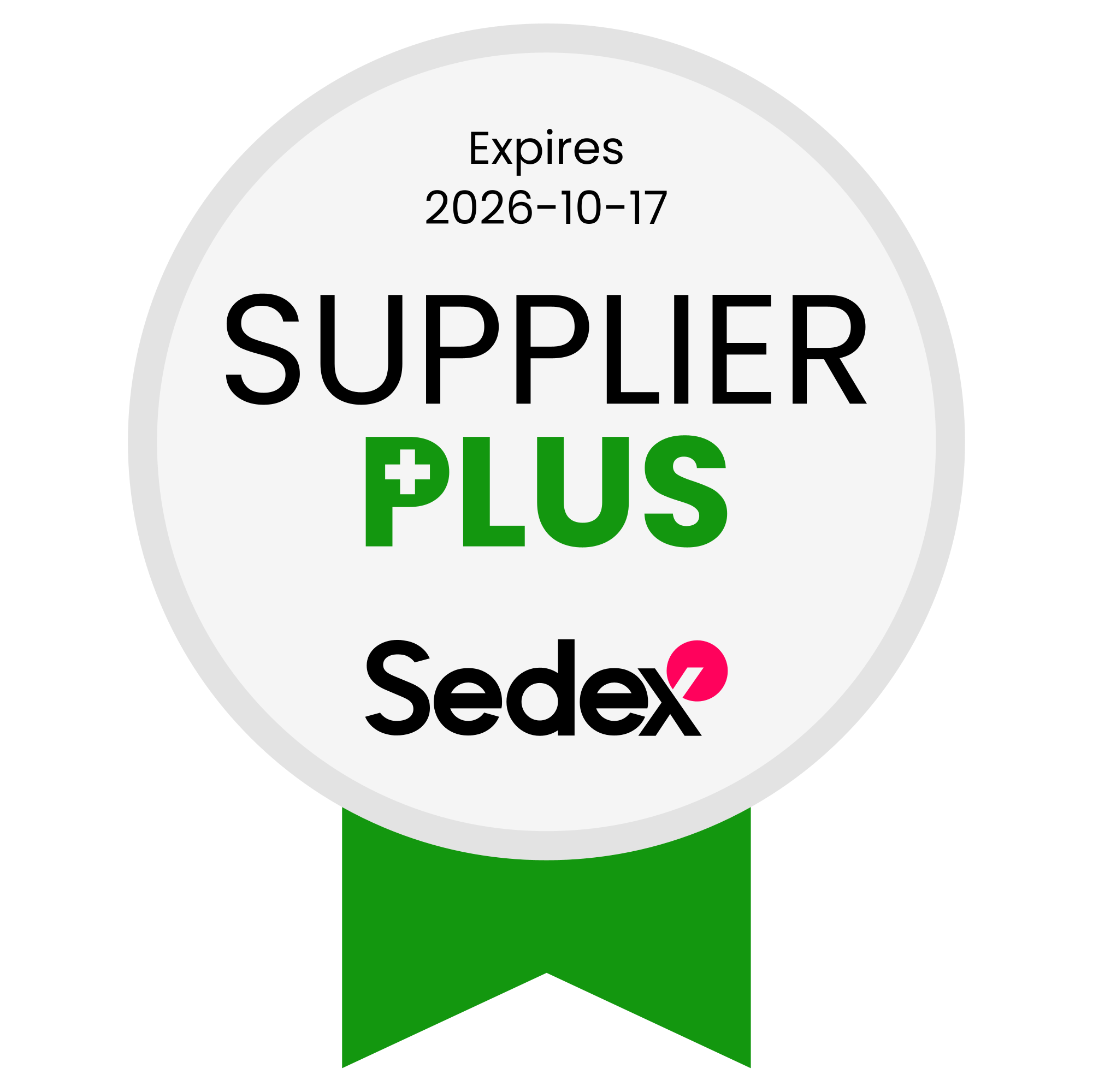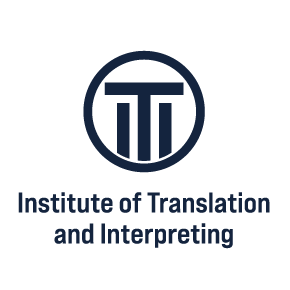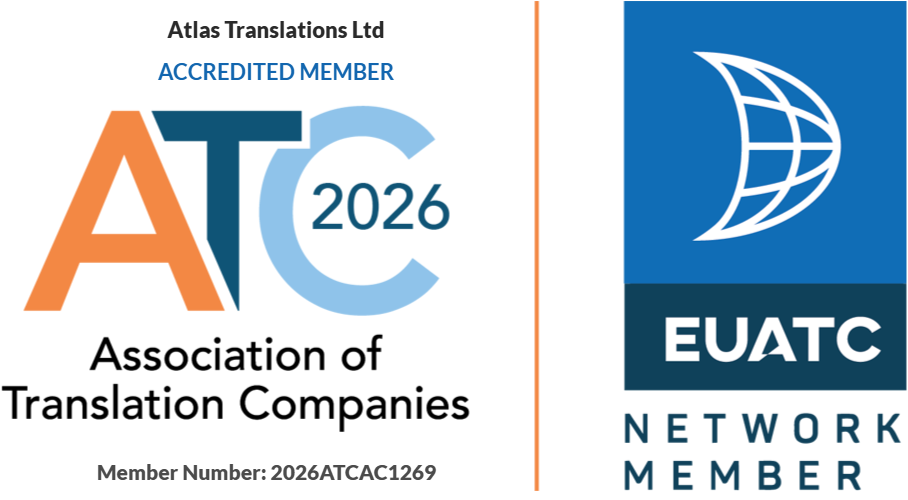Improving the NHS App: Signposting and Support for Multilingual Healthcare
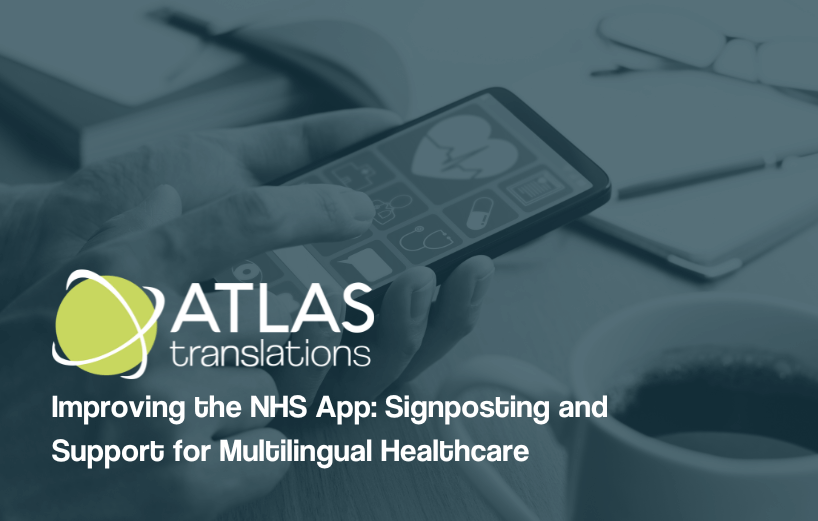
At Atlas Translations, we fully support the recent joint statement from the Patient Information Forum (PIF), the Self Care Forum, and the Personalised Care Institute. Their calls for updates to the NHS mobile app are timely and essential.
Because we all know that for personalisation to be truly inclusive, language needs to be part of the conversation.
At Atlas Translations, we have over thirty years of experience in healthcare and medicine. We know how vital it is for patients to get information in their preferred language and in an easy-to-understand way.
Here’s our take on the recommendations from the above three agencies and how we believe language access fits in.
What do you need help with today? Call us on +44 (0)1727 812 725 or email us at team@atlas-translations.co.uk – we’re only a call, chat, or email away, and we’re always eager to help!
Multilingual Resources for Personalised Signposting
“Credible, personalised information should be embedded throughout the health and care system. Advice and information should be tailored to the individual’s needs and embedded within an interactive, personalised NHS App that signposts to specialist patient organisations.” 1
We wholeheartedly agree. If the NHS App is to genuinely support all users, then it needs to do more than link to information. It needs to link to multilingual, accessible, and culturally relevant information.
Personalisation includes:
- Translating key content within the app into commonly spoken community languages
- Linking to patient organisations that also offer translated materials
- Highlighting when support services are available in other languages, whether written or spoken
Without these, the NHS risks reinforcing an already existing barrier: that non-English speakers are too often left out of their own healthcare journey.
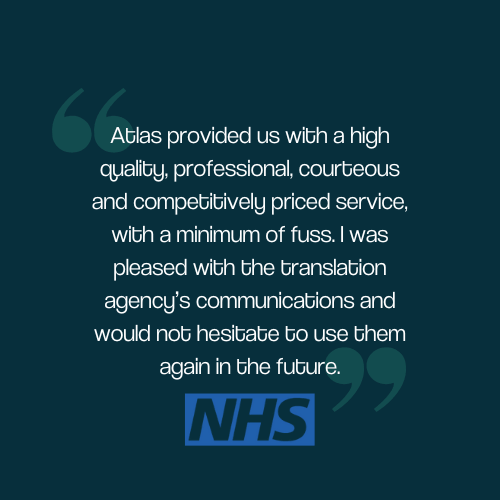
NHS Training Should Include Language Awareness
“Ring-fenced funding should be provided within the NHS for training in personalising of information. NHS staff and leadership training is required to ensure information and advice is personalised, accessible and supports individual agency.” 2
Spot on. Personalised advice must be delivered in a way that makes sense to the person receiving it.
From our perspective, this means NHS training programmes should include:
- How to identify when translation or interpreting support is needed
- How to refer patients to trusted, translated resources
- The benefits of working with a qualified interpreter and not a friend or family member of the patient
One step further along from spoken translation, we also hope to see NHS training programs look at the use of AI translation apps and how they’re used in communication. NHS England released an improvement framework in May 2025, in which it highlights “concerns about the appropriate use of AI translation apps” being used across the NHS to “communicate with patients with limited English.”
We regularly work with healthcare clients across the UK to provide interpreters and translated content tailored to their patients’ needs. And in our experience, specialised and nuanced language support is often what turns an awkward interaction into an empowering, patient-led conversation.
Readability Standards That Apply to All
“All NHS health and care information should conform to robust, mandatory content standards. A maximum reading age of 9 to 11 [years] should be a requirement for all NHS health and care information. All external information sources should be PIF TICK certified, particularly when signposted by the NHS” 3
We couldn’t agree more, and we’d love to see these standards apply to translated information, too.
It’s not uncommon to see translated healthcare content that’s technically accurate, but far too complex or literal to be useful. Healthcare professionals need to be able to explain the difference between “thrombosis” and “embolism” in a way that’s both simple and in a different language.
That’s why at Atlas Translations, we only work with qualified and experienced translators who have a sector-specific background and who understand how to explain and localise meaning, not just words.
When creating translated healthcare materials, we focus on:
- Matching the tone and reading level of the original
- Adapting phrasing for natural speech in the target language
- Working with medical professionals when needed in order to verify terminology
Quality matters, always. But especially when the stakes are this high.
We’re On Board, How About You?
The NHS App is evolving into a centralised tool for delivering healthcare information and services, and we think the proposed updates are a fantastic step forward.
But now is the perfect time to widen the lens a little further.
- Multilingual signposting should be considered the norm, not the exception
- Translation and interpreting services should be embedded in training and strategy
- Language access should be part of personalisation from the start
The NHS wants every patient to feel seen, supported, and informed, so now let’s make sure every patient can understand the critical information they’re given.
At Atlas Translations, we’re proud to support UK healthcare organisations in making that happen—clearly, confidently, and in every language that matters.
Contact Us
We’d love for you to contact Atlas Translations! We’re always here for a chat or to answer questions!
Call us on +44 (0)1727 812 725 or email us at team@atlas-translations.co.uk to let us know what you need. We respond quickly to all enquiries!
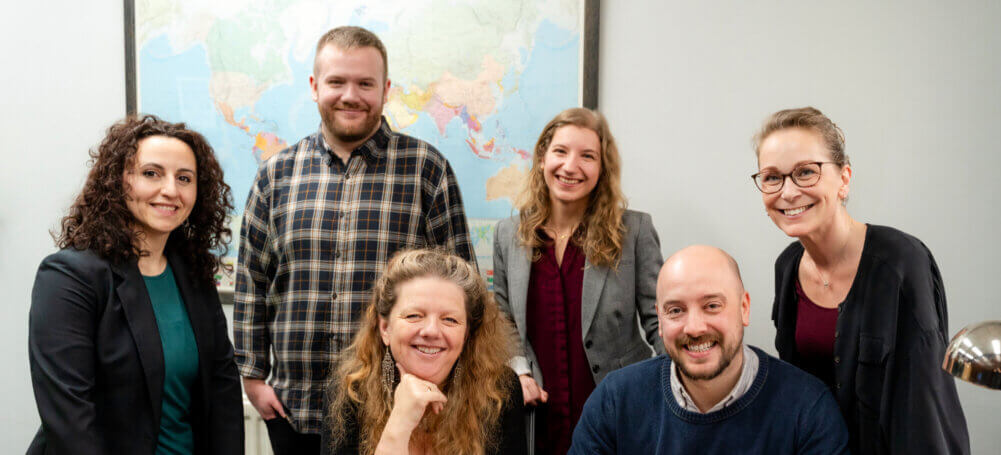
If you’d like to meet us face-to-face, learn more about our translation and language services, or deliver documents, please email or call us ahead of time to arrange a meeting.
Use the Live Chat option during UK working hours to ask any questions you may have. You’ll chat with a real, live human—we’re a bot-free zone! Click the little icon at the bottom right of your screen to begin chatting with us.
If you need a quick quote, we have a handy GET A QUOTE button located at the top of our website, where you can get an estimate for your needs.
Can I Trust Atlas Translations?
Absolutely! But if you’d like to see something with a little more substance behind it, here’s some info:
Atlas Translations holds two ISO certifications: ISO 9001:2015 (Quality Management) and ISO 17100:2017 (Translation Services).
If the project is highly confidential, we can sign a non-disclosure agreement (NDA) for added peace of mind.
Are we up to date on privacy? Well, thank you for asking, and yes, we are! We registered with the Information Commissioner’s Office (ICO) over 20 years ago and have always placed a high importance on data protection.
You can read more about our commitment to quality here.
Atlas Translations takes pride in providing fast, friendly, and high-quality language services. But you don’t have to take our word for it. Click to read what our clients are saying about us.
We’re also on TrustPilot, and you can read our reviews here.
Global Voice, Local Touch
If you’re looking for some top tips for partnering with Atlas Translations, we have some top tips to share! We answer 25 of our clients’ most frequently asked questions, ranging from typesetting queries to discussing reference materials.
Click to download Global Voice, Local Touch
